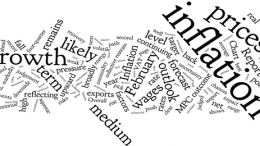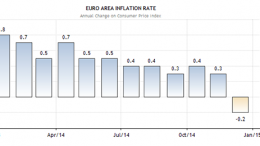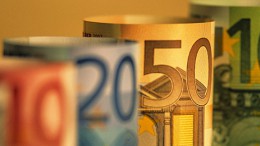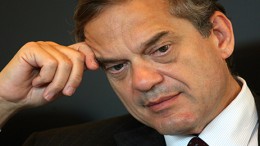“NCB risk bearing should be traded-off against a big QE”
MADRID | By Ana Fuentes | Hours before ECB’s president Mario Draghi unveils its big easing program, we spoke to think tank Bruegel central banks’ expert Silvia Merler about an eventual national risk bearing. It could be a way to make QE more acceptable by Germany, she believes, although “it should be traded-off against a significant size” (meaning more than the €50bn purchases per month some market watchers are talking about).








